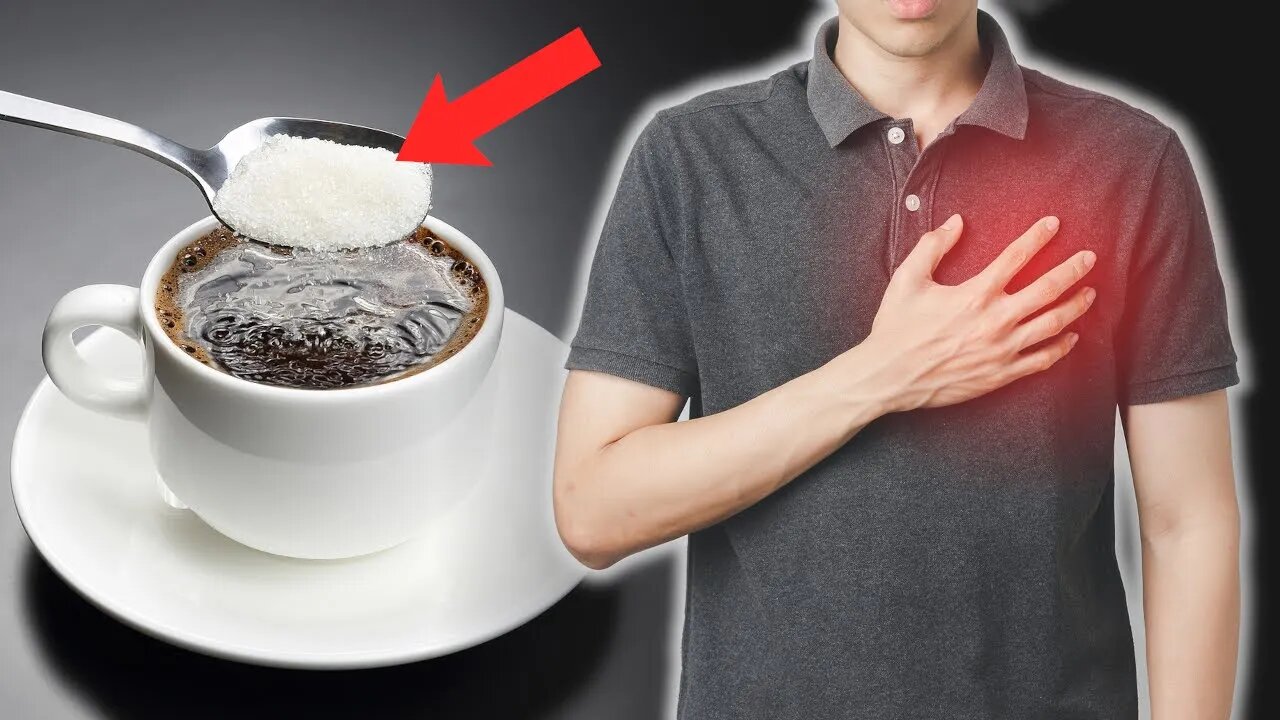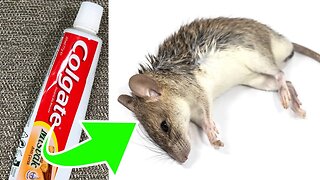Premium Only Content

Why You Shouldn't Add Sugar To Your Coffee
All around the world, people add sugar or sweeteners to their coffee, and have done so for centuries.
Although third wave coffee consumers generally lean towards drinking coffee without milk or sugar, it is still an established habit in the sector that isn’t going anywhere soon.
In the USA alone, a study shows that more than 50% of surveyed coffee drinkers sweeten their coffee.
Not everyone knows that Arabica is the most aromatic and less bitter species because it naturally contains 8% sugar, while Robusta contains 5%.
To confirm that the coffee contains sugar: the change in the color of the bean from green to brownish-olive when roasting is due precisely to the caramelization of sugars.
The sugar added to your coffee isn't the same as the natural sugars found in foods that contain carbohydrates like fruit, vegetables, grains and milk, for example.
Added sugars are those that have been added to foods, such as coffee creamer, as flavor enhancers and preservatives.
Refined sugars are examples of added sugars — they are processed versions of natural sugars.
When you add a teaspoon of granulated sugar to your morning cuppa, you're sweetening your caffeinated beverage with refined sugars, which can have negative health effects.
#coffee #health #naturalcures
----------------------------------------
Facebook: https://bit.ly/38BWbw3
Pinterest: https://bit.ly/2Irvwa6
Disclaimer: The materials and the information contained on Natural Cures channel are provided for general and educational purposes only and do not constitute any legal, medical or other professional advice on any subject matter. These statements have not been evaluated by the FDA and are not intended to diagnose, treat or cure any disease. Always seek the advice of your physician or other qualified health provider prior to starting any new diet or treatment and with any questions you may have regarding a medical condition. If you have or suspect that you have a medical problem, promptly contact your health care provider.
-
 3:40
3:40
Natural Cures
1 year ago $0.98 earnedToothpaste Is All You Need To Keep Mice Away From Your House
4.27K4 -
 LIVE
LIVE
blackfox87
1 hour agoWild Roots Time!| #SponsoredStream | #DisabledVeteran
639 watching -
 LIVE
LIVE
Major League Fishing
3 days agoLIVE Tackle Warehouse Invitationals, Stop 5, Day 2
236 watching -
 8:42:04
8:42:04
SquallRush
9 hours agoExperimenting with Non Meta Decks in Ranked
30.8K3 -
 2:01:12
2:01:12
Game On!
15 hours ago $3.40 earnedOur MLB Expert Predicts Braves to WIN the World Series!
29.9K -
 LIVE
LIVE
xBuRnTx
2 hours ago🎮 Early Bird Gets the Dub! | Fortnite Solos
98 watching -
 2:32:45
2:32:45
RG_GerkClan
3 hours ago🔴LIVE - I'm Back from Vacation...Lets Dominate - Gray Zone Warfare - Gerk Clan
11.3K1 -
 48:28
48:28
SB Mowing
8 days agoI Took a RISK Cleaning This Yard and Could’ve Ended Up in the Hospital
28.6K37 -
 LIVE
LIVE
Shield_PR_Gaming
3 hours agoGrazy Zone Warfare Solo Missions are a pain in the butt Part 2!
55 watching -
 8:04
8:04
WhaddoYouMeme
19 hours ago $5.14 earnedThe REAL Truth Behind Bieber's 'Mental Breakdown' Post
104K17